The surprising surge in Samsung smartphone sales
Samsung achieved 500 per cent year on year growth in smartphone shipments, as it looks likely to take the crown from Apple soon.

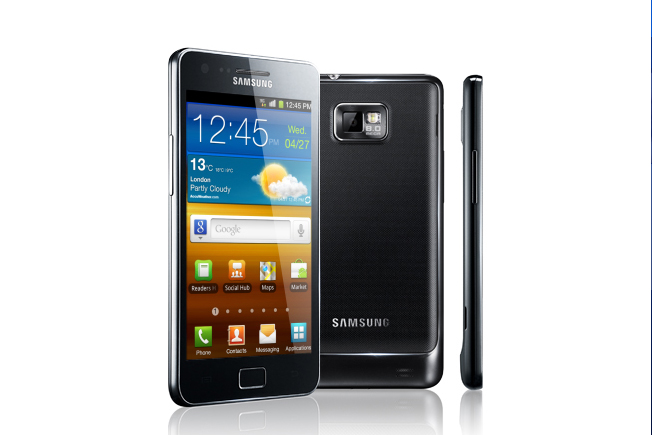
Samsung is an experienced player in the mobile space, but few expected to see such a stunning rise amidst some seriously stiff competition.
Apple is currently number one in the market, with Samsung in second and Nokia slumping to third, according to data from Strategy Analytics. If you look at Samsung's growth rate, however, it looks like the South Korean vendor will be top dog very soon indeed.
In the second quarter, Samsung achieved 500 per cent year on year growth in smartphone shipments. Apple saw 142 per cent growth. Samsung shipped approximately 19 million smartphones, whilst Apple shipped 1.3 million more. If Samsung keeps this pace up, when the next quarterly results emerge it will have overtaken Apple with plenty of breathing space between the two as well.
Samsung will have a clean sweep in terms of numbers. It will be the new Nokia.[pquote/]
In the past few years, most of the excitement around smartphones in the UK has focused on Apple and HTC, with RIM recruiting plenty of BlackBerry users too. Samsung now looks set to not just join that group of illustrious manufacturers it looks set to lead them.
The main success story has been the hugely popular Galaxy phones. There were more than five million Galaxy S II shipments in its first 85 days of release after the device received hugely impressive scores from reviewers across the board.
As for how it will overtake Apple in the global smartphone race, Samsung will continue to take a different tack to the iPhone maker.
Sign up today and you will receive a free copy of our Future Focus 2025 report - the leading guidance on AI, cybersecurity and other IT challenges as per 700+ senior executives
"Samsung has been taking a reverse approach of what Apple do. Apple make a single product. They specify exactly how it looks and what it does," said Adam Leach, principal analyst at Ovum.
"Samsung will spin variants upon variants to different markets, to different operators in different geographic markets. They've had a lot of success with that approach."
Samsung, unlike Nokia, chose to go with Android. As everyone who has a modicum of awareness about what's been happening in the smartphone space, Android has seen stratospheric growth. In just a few years, it has become the most used mobile OS on the planet. No doubt its success has helped drive profits at manufacturers producing phones for the Google software.
Whatever intentions Samsung has with Bada, the vendor is unlikely to focus too heavily on one single platform a mistake Nokia made with Symbian and could even be making again by primarily betting on Windows Phone 7.
"Samsung haven't hamstrung themselves up in knots with that. They've got their own proprietary stuff, then they're happy to dip into third party stuff which they've used effectively," Leach added.
"They haven't had the overhead of the man hours in developing a platform and owning it. Really, they've just gotten on with running on a product by product basis, which is the basis of their success."
Samsung doesn't appear to mind what OS is running on its phones, as long as they are good products.
Whilst it seems close to certain Samsung will overtake Apple soon in the smartphone space, it could also claim number one spot in the overall mobile industry by chomping away at Nokia's market share.
"It's an area where Samsung started to poach, but they're still not as strong as Nokia. It depends on whether Nokia continue to lose ground even there," Leach said.
"Where Nokia lose, Samsung are in a really good position to pick up."
Looking at the market, Apple and Nokia won't be the top players in either the mobile or smartphone industries. So although Apple will make more profit, Samsung will have a clean sweep in terms of numbers. It will be the new Nokia.[/pb]
Tom Brewster is currently an associate editor at Forbes and an award-winning journalist who covers cyber security, surveillance, and privacy. Starting his career at ITPro as a staff writer and working up to a senior staff writer role, Tom has been covering the tech industry for more than ten years and is considered one of the leading journalists in his specialism.
He is a proud alum of the University of Sheffield where he secured an undergraduate degree in English Literature before undertaking a certification from General Assembly in web development.
-
 The six biggest security challenges coming in 2026
The six biggest security challenges coming in 2026In-depth What will be the main challenges businesses face in 2026 and what can they do to prepare?
-
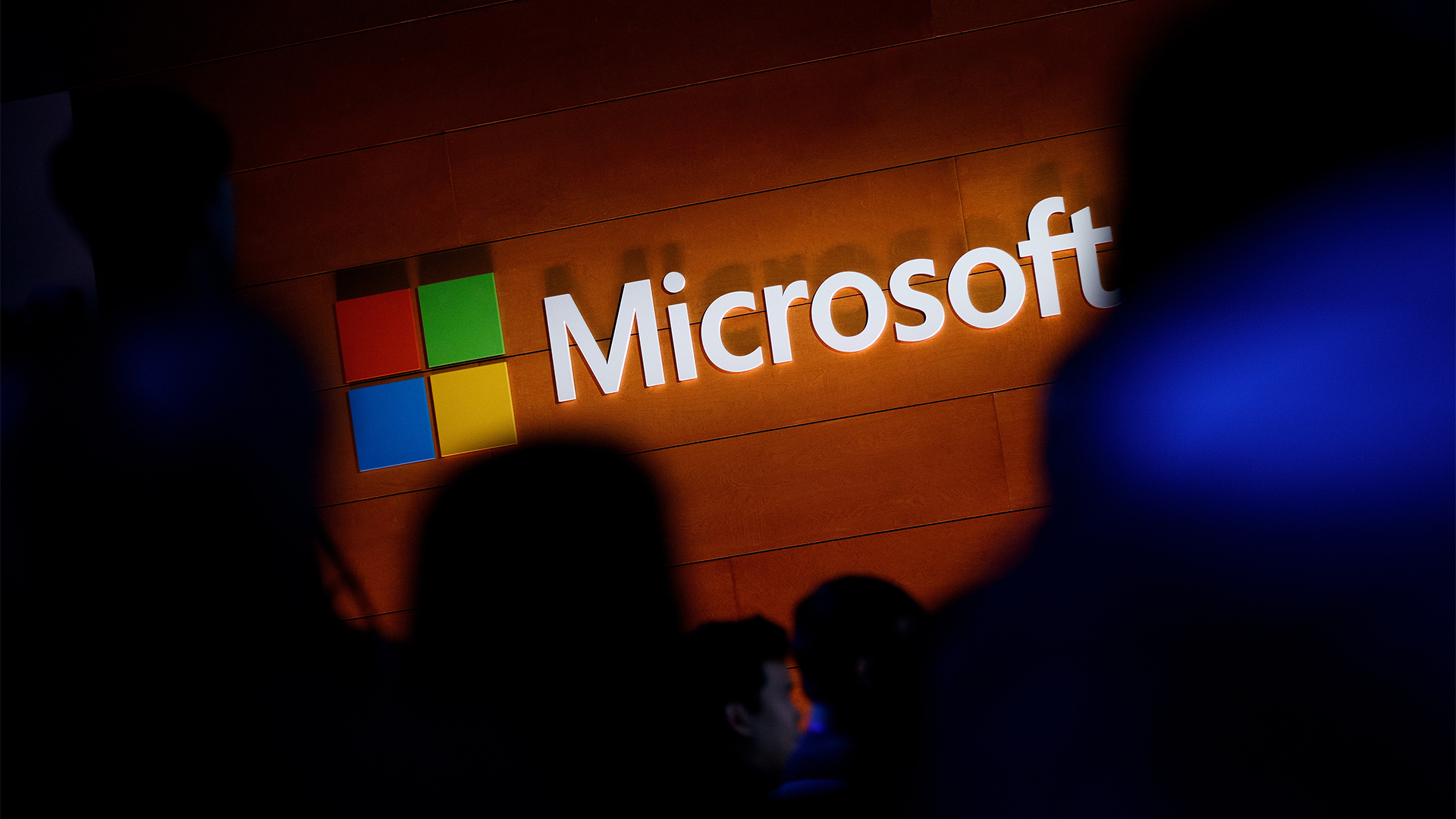 Channel focus: All you need to know about Microsoft's partner program
Channel focus: All you need to know about Microsoft's partner programChannel Focus The veteran OS developer and vendor continues to advance its strategy, particularly in Azure cloud solutions and AI
-
 Nokia hails success of Europe’s first commercial 5G cloud RAN deployment
Nokia hails success of Europe’s first commercial 5G cloud RAN deploymentNews Elise says its 5G cloud network puts it in a strong position during a move towards 6G
-
 Kyndryl and Nokia extend partnership to drive data center networking gains
Kyndryl and Nokia extend partnership to drive data center networking gainsNews The companies plan to offer more data center networking options aimed at enterprise customers
-
 Why employee empowerment remains the secret to your success
Why employee empowerment remains the secret to your successAdvertisement Feature With recruitment costs soaring and skills in short supply, talent retention has never been more vital
-
 Serious about sustainability?
Serious about sustainability?whitepaper It’s time you looked at your data centre
-
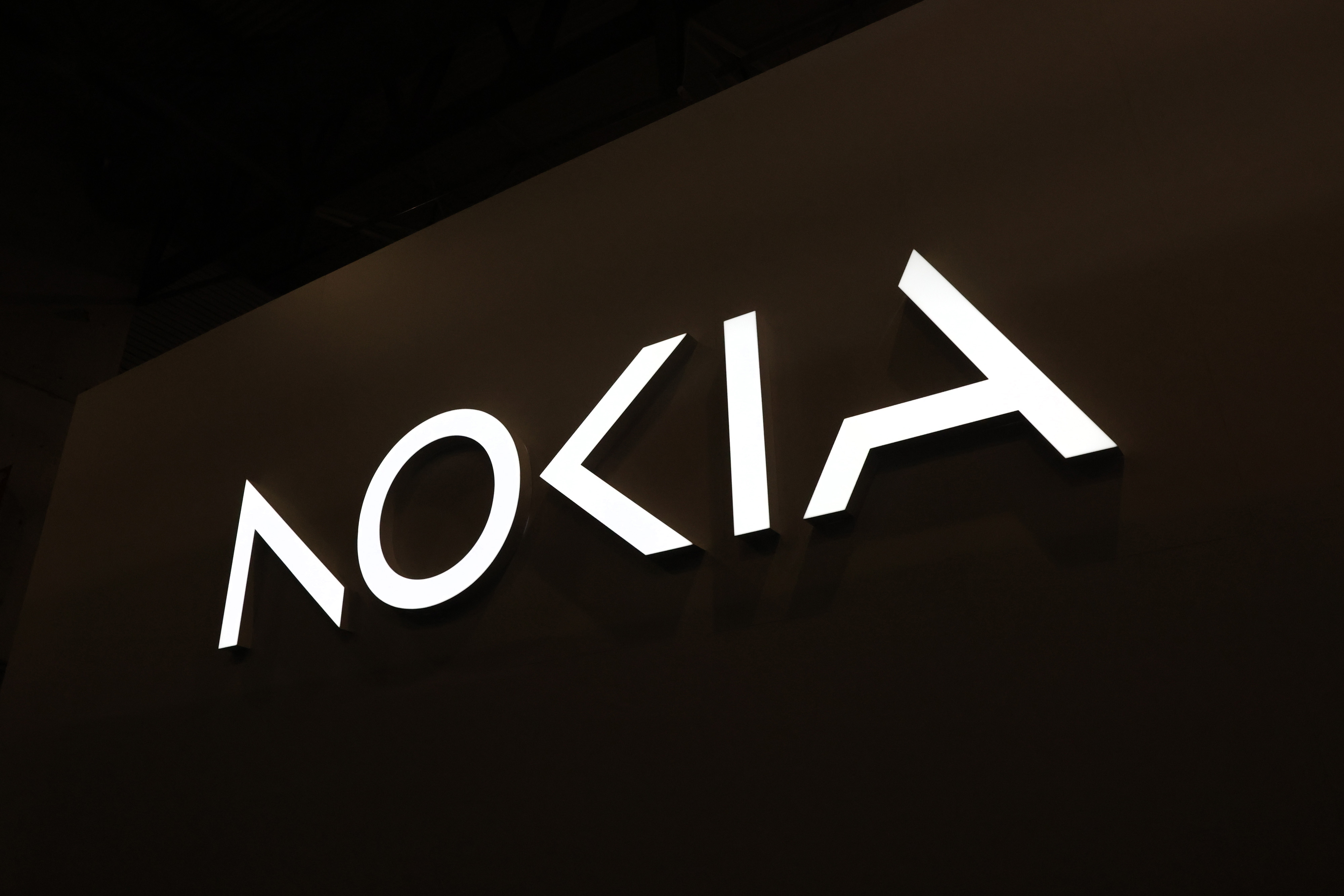 Dell and Nokia expand strategic partnership to drive network cloud transformation
Dell and Nokia expand strategic partnership to drive network cloud transformationNews The companies will leverage each other’s expertise and distribution to scale telecom networks and private 5G use cases
-
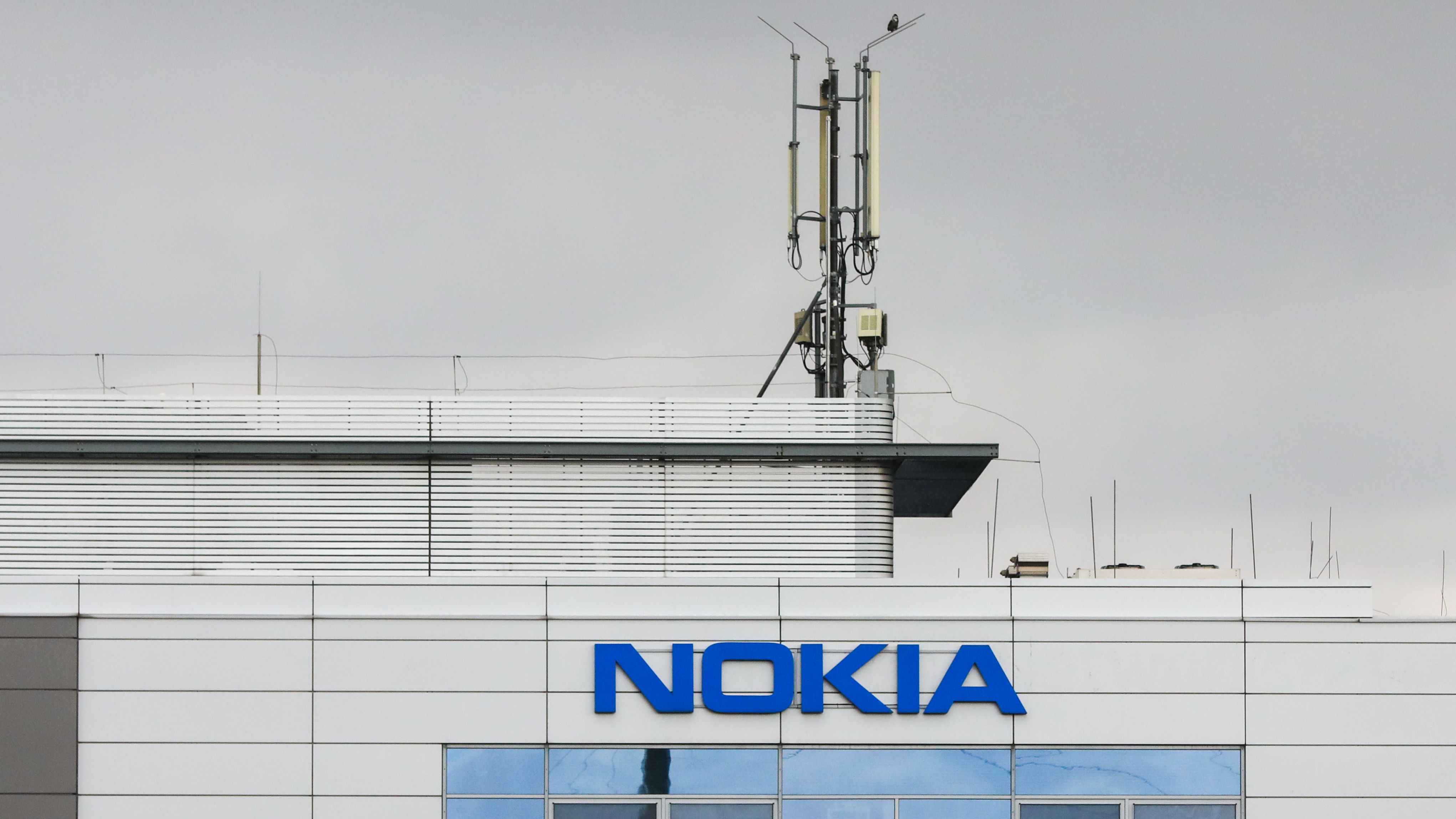 Nokia and Google score breakthrough in Android 13 network slicing
Nokia and Google score breakthrough in Android 13 network slicingNews Nokia's solution will allow devices to connect to multiple network slices simultaneously, provided by existing 4G and 5G operators
-
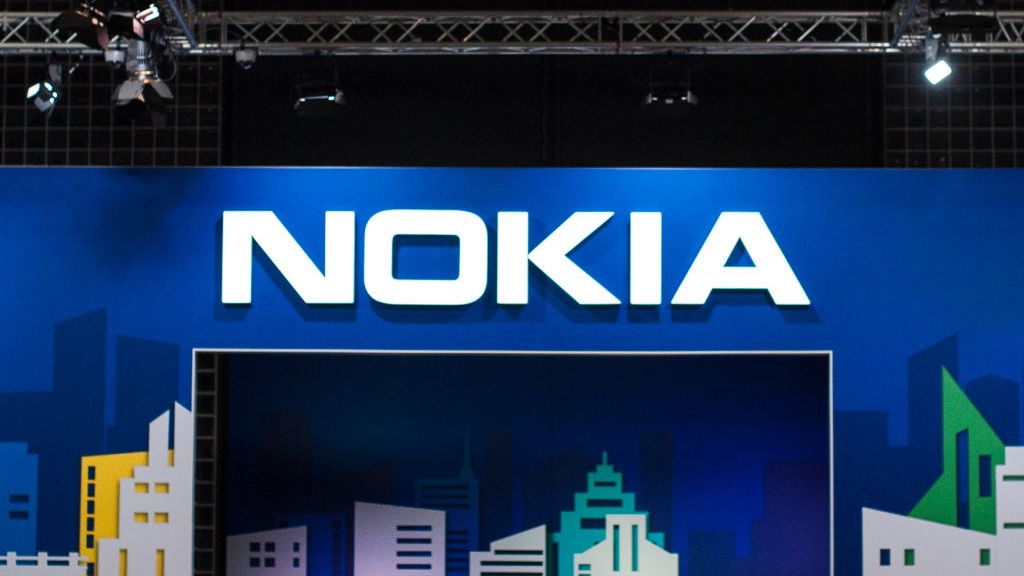 Nokia wins Indosat contract to expand 5G across Indonesia
Nokia wins Indosat contract to expand 5G across IndonesiaNews The deal will bring next-gen communication technology to customers across a 1.4 million square kilometre area
-
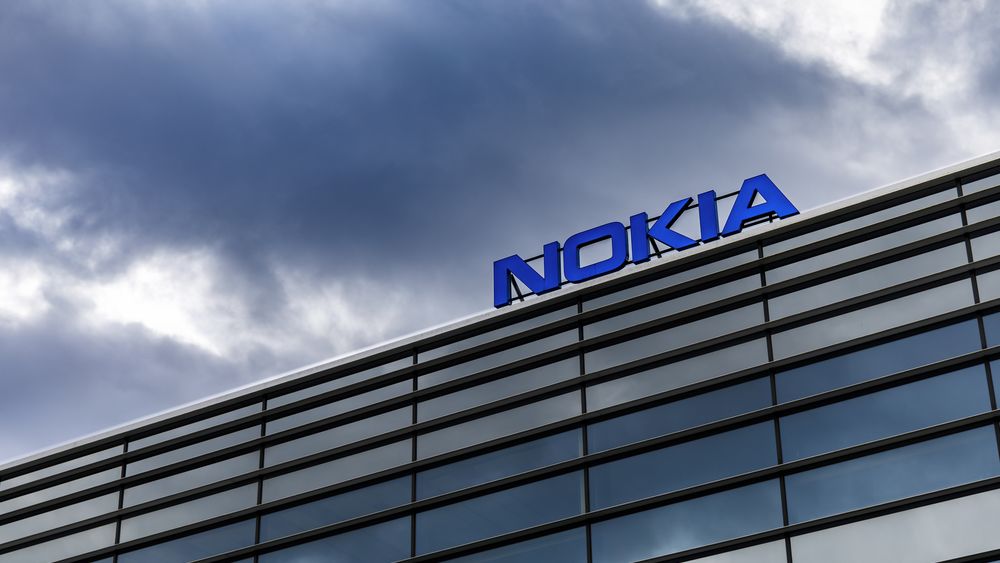 Nokia and Ligado partner on 4G, 5G enterprise private network
Nokia and Ligado partner on 4G, 5G enterprise private networkNews Nokia will leverage Ligado’s Band 24 spectrum to reach the US enterprise market
